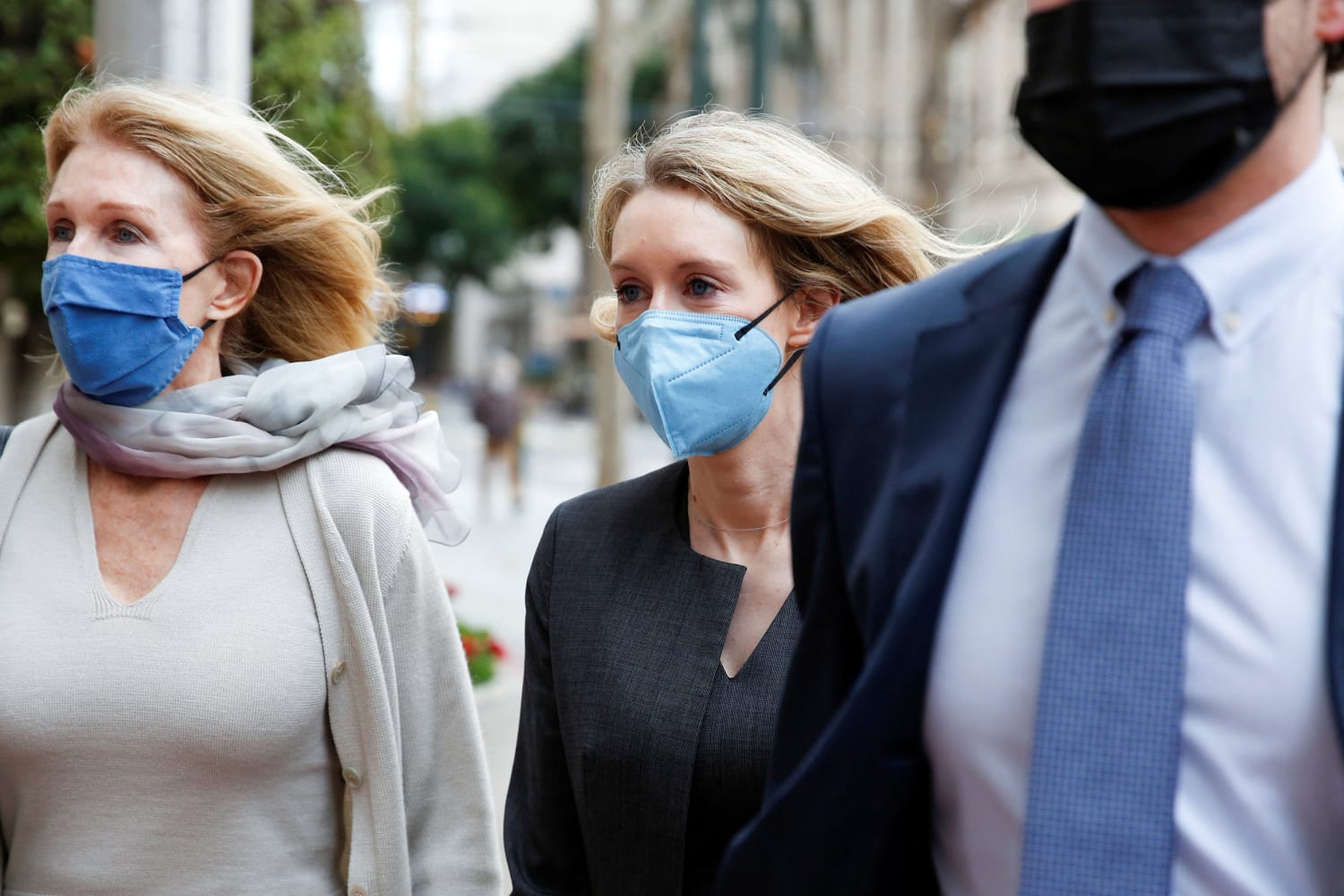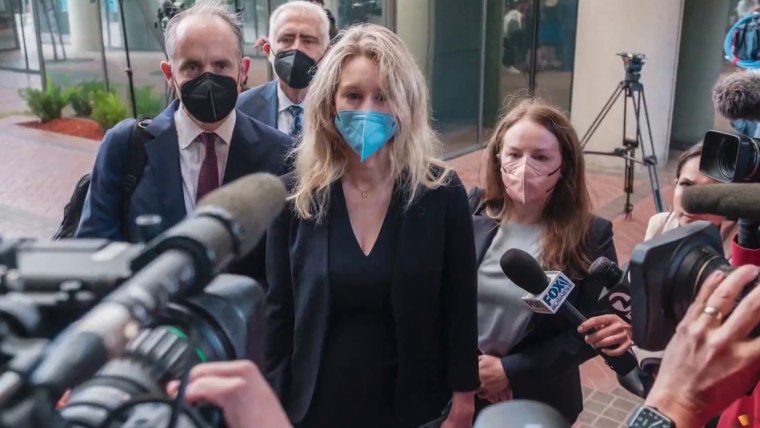The more I read about disgraced Theranos CEO Elizabeth Holmes and her trial, the more enraged I become at the extent to which the once $9 billion company was able, through lies and deceit, to knowingly put the public in danger by offering a defective health diagnostics service. After weeks of court proceedings, the jury finally came to a verdict on Monday, finding Holmes guilty on four counts of wire fraud. But while that decision is welcomed, this was not only a case of fraud. It was also one of endangerment, and Holmes must now be put on trial again for the suffering she allegedly caused to patients, not just investors.
Prosecutors’ sole focus on fraud ignores the harm that was caused to patients’ health. Now that the trial for fraud is over, why isn’t Holmes facing more charges?
Theranos was set up by Holmes, a college dropout, at the age of 19 in 2003 with the claim that it could run over 200 different blood tests from a simple finger prick, paving Holmes’ route to becoming the youngest female self-made billionaire. The only problem was that Holmes’ technology did not work. When blood samples were sent to Theranos for analyzing, either easily accessible commercial blood analyzers were inappropriately used, meaning they could provide inaccurate results, or Theranos’ dysfunctional Edison blood-testing device was used, giving erroneous readings and putting thousands of patients’ health at risk.
It is this scam for which Holmes was tried — but only the white-collar financial fraud aspect of it. Holmes was charged with nine counts of wire fraud and two counts of conspiracy to commit wire fraud, and the jury found her guilty on four of them (deadlocking on three and finding her not guilty of the others).
The charges related to her multimillion-dollar defrauding of investors, doctors and patients who incurred financial losses by either investing their money or being sold a service — including many who purchased it at Walgreens stores across Arizona — that Holmes knew to be ineffective. While punishment on that score is merited, prosecutors’ sole focus on fraud ignores the harm that was caused to patients’ health.
Now that the trial for fraud is over, why isn’t Holmes facing more charges for this harm? Prosecutors should make the argument that her alleged acts amount to “reckless endangerment.” In certain states (including Arizona), an individual can be held criminally liable for knowingly putting others in the way of harm. Though Holmes has not been charged with this crime and there is no indication she will be, this law presents a strong framework for looking at the impact of her actions beyond financial wrongdoing.
In the health care industry, it’s relatively common for medical professionals to be sued for medical negligence or prosecuted under criminal law, despite doctors and nurses rarely intending to put others at risk. But witnesses have testified that Holmes knew the Theranos results were staggeringly inaccurate, and therefore potentially harmful, but continued to sell it.
The consequences of missing a diagnosis can be life-threatening, which is one of the reasons the medical industry is so highly regulated and doctors can be held responsible for getting diagnoses wrong. In fact, misdiagnosis is the leading cause of malpractice claims. In a typical example, a radiologist who missed a lung cancer diagnosis at the California Hospital Medical Center was found to be medically negligent in 2014 and required to pay $16.7 million in damages.
Holmes is not a medical practitioner who could be sued for malpractice. Yet from trial testimonies she seems to have knowingly endangered patients. Since doctors rely on blood tests for important decisions, a minimal discrepancy in the results can be the difference between life and death. A reading of 5.5mmol/l of potassium, for instance, can be considered normal, whereas 6.0 means a person is at risk of cardiac arrest, and anything higher than 7.0 can be fatal. Holmes knew that there was an issue with the Theranos potassium, glucose and sodium readings, according to testimony at the trials, yet she persisted in offering the tests.
Theranos tests directly affected patients’ lives in other ways as well. In one instance, Theranos’ lab results reported that a patient wasn’t pregnant, when in reality she was suffering from a life-threatening ectopic pregnancy. Thankfully, a test from another lab revealed the condition. Another patient was told she was having a miscarriage — a determination that often leads to a medical procedure to evacuate the miscarried fetus — when in fact her baby was perfectly viable. Another patient’s life was shattered after a Theranos blood test mistakenly diagnosed him with HIV.
In all, Theranos was forced to void or correct nearly 1 million blood results. Each one of these erroneous blood results could theoretically support a case for endangerment. It’s important for the patients who suffered from them to see justice for Holmes’ actions, as well as for future health care companies to be deterred from such reckless behavior.
Theranos isn’t just a case about money and fraud, it’s about the value of life. In fact, had Holmes reinvested into medical research the billions of dollars she’d hoarded or the millions she’d spent on lawyers in apparent attempts to quell whistleblowers, she may have fulfilled her self-declared dream “that less people will have to say goodbye too soon to people that they love.”
Source: | This article originally belongs to Nbcnews.com











